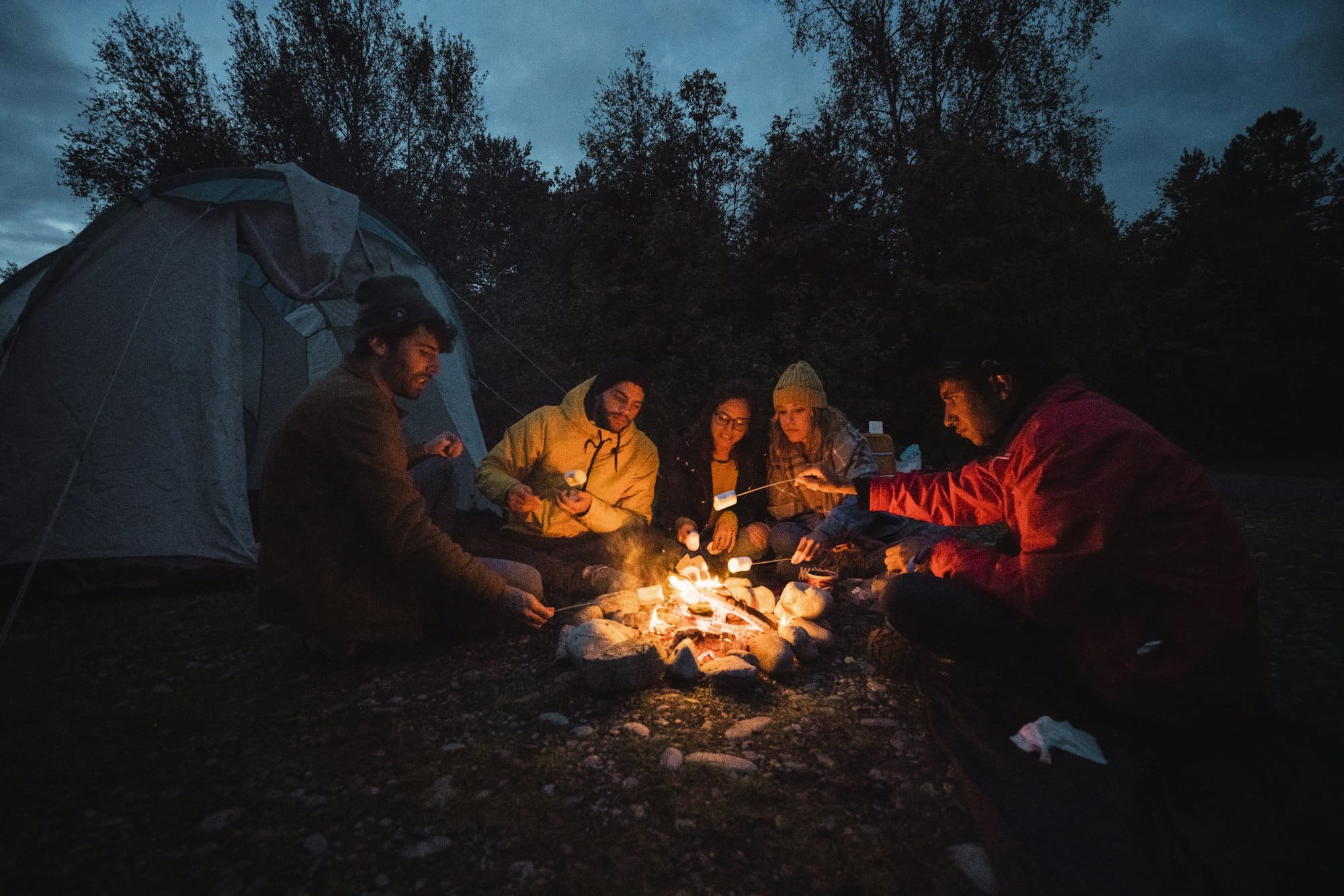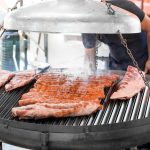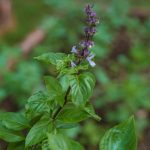Winter camping in the UK can be an exhilarating experience, offering a unique opportunity to reconnect with nature in a serene, snowy landscape. However, the cold weather and unpredictable conditions demand special preparation to ensure a safe and enjoyable trip. This article provides comprehensive top tips on how to keep warm and dry, camping gear essentials, and strategies to stay comfortable during your winter adventure.
Essential Winter Camping Gear
When planning a camping trip during the winter season, having the right gear is critical. The harsh weather conditions typical of winter in the UK necessitate specialized equipment to ensure your comfort and safety.
Also to see : What are the top tips for camping with a baby in the UK?
Season Tent
A good season tent is your first line of defense against the elements. Unlike regular tents, season tents are designed to withstand heavy snow and strong winds. Look for a tent with a sturdy frame, reinforced guy lines, and robust poles. The tent should also have a full-coverage rainfly to keep out moisture and wind. A vestibule area is beneficial for storing wet gear and dirty boots, preventing snow and water from entering your sleeping area.
Sleeping Bag and Mat
Your sleeping bag is another critical piece of camping gear. Choose a sleeping bag rated for temperatures lower than what you expect to encounter. Down-filled sleeping bags provide excellent insulation and are lightweight, but synthetic ones retain warmth better when wet. Pair your sleeping bag with a sleeping mat to insulate yourself from the cold ground. A sleeping mat with a high R-value will keep you warm by preventing your body heat from escaping into the ground.
Also read : How do you plan a camping trip that includes visits to UK art galleries and museums?
Warm Clothing
Layering is the key to staying warm in cold weather. Start with moisture-wicking base layers to keep sweat off your skin. Add insulating layers such as fleece or down jackets, and finish with a waterproof and windproof outer layer. Don’t forget to bring warm socks, gloves, and a hat to protect your extremities from the cold. Balaclavas and neck gaiters can also provide added warmth and protection from the wind.
Keeping Warm and Dry
Staying warm and dry is paramount when camping during the winter. The combination of cold temperatures and wet conditions can quickly become dangerous if you’re not prepared.
Staying Dry
Keeping your gear and yourself dry is crucial. Water-resistant clothing and gear will help, but also consider these tips:
- Pack extra clothes: Always bring more than you think you’ll need. Wet clothes should be changed immediately to prevent hypothermia.
- Use dry bags: Keep your clothing and sleeping bag in dry bags inside your backpack. This added layer of protection ensures that even if your backpack gets wet, your essentials remain dry.
- Proper tent setup: Ensure your tent is pitched on high ground to avoid water pooling around or inside it. Use a groundsheet to provide an additional barrier between your tent and the wet ground.
Maintaining Body Heat
- Fuel your body: Eating high-calorie foods will help generate heat. Snacks like nuts, chocolate, and energy bars are great for maintaining energy levels.
- Stay hydrated: In cold weather, you may not feel as thirsty, but staying hydrated is essential. Warm drinks can provide comfort and help maintain your core body temperature.
- Move around: Light exercises like jumping jacks or a brisk walk can help get the blood flowing and generate heat. However, avoid sweating, as moisture can make you cold once you stop moving.
Camping Tips for Winter Conditions
While the allure of winter camping is strong, it comes with unique challenges that require thoughtful planning and execution.
Site Selection
Choosing the right campsite is more crucial in winter than any other season. Look for sheltered areas that protect you from the wind but are not prone to snow accumulation or avalanches. Avoid camping near trees with heavy snow loads, as branches can break and fall.
Daylight Hours
Winter days are short, and darkness falls quickly. Plan your activities and set up camp while there’s still daylight. Ensure you have headlamps or lanterns with extra batteries for navigating and doing tasks in the dark.
Snow Considerations
- Snow shoveling: Pack a lightweight snow shovel. It’s invaluable for clearing a flat area for your tent and digging out snowdrifts that can form around your campsite.
- Snow as a resource: Snow can be melted to provide water, but it’s energy-intensive. If you rely on snow for water, ensure you have enough fuel for your stove.
Food and Water Management
Proper food and water management are crucial for a successful winter camping trip. The cold weather increases your caloric needs, and access to water can be limited.
High-Energy Foods
Focus on bringing high-energy foods that are easy to prepare. Instant oatmeal, pasta, dehydrated meals, and ready-to-eat snacks like trail mix are excellent choices. Bring a variety of snacks you can eat throughout the day to maintain your energy levels. Foods rich in fat and protein, such as cheese and nuts, provide long-lasting energy and help keep your body warm.
Water Sources
Finding water can be challenging in winter. Streams and lakes may be frozen, so bring a durable pot and stove to melt snow. Always boil melted snow to ensure it’s safe to drink. Alternatively, you can use a water filter designed to work in cold conditions. Water bottles should be kept insulated and preferably stored in your sleeping bag overnight to prevent freezing. Adding an electrolyte mix to your water can help you stay hydrated and replenish lost salts.
Top Tips for a Successful Winter Camping Trip
To sum up, here are some top tips to ensure your winter camping experience is both enjoyable and safe.
Preparation is Key
Preparation is the foundation of a successful winter camping trip. Research the area you’ll be camping in, understand the weather conditions, and plan accordingly. Make a checklist of all the gear you need and double-check it before you leave.
Safety First
Winter camping can quickly become dangerous if you’re not careful. Always let someone know your camping plans and expected return time. Carry a fully charged phone and a portable charger, and consider bringing a satellite communicator for emergencies.
Practice at Home
If you’re new to winter camping, practice setting up your tent and using your gear at home or in a controlled environment. This practice can save you time and frustration in the cold.
Stay Flexible
Mother Nature is unpredictable, especially in winter. Be prepared to adapt your plans based on the weather conditions. If the weather turns severe, it’s better to cut your trip short than to risk your safety.
Winter camping in the UK offers a unique and rewarding challenge. With the right preparation, gear, and mindset, you can enjoy the beauty and tranquility of the winter landscape while staying safe and comfortable. From selecting the proper season tent and sleeping bag to keeping dry and maintaining body heat, every detail matters. Follow these top tips to ensure your camping cold experience is one to remember for all the right reasons. Embrace the adventure and make the most of the winter season!
















